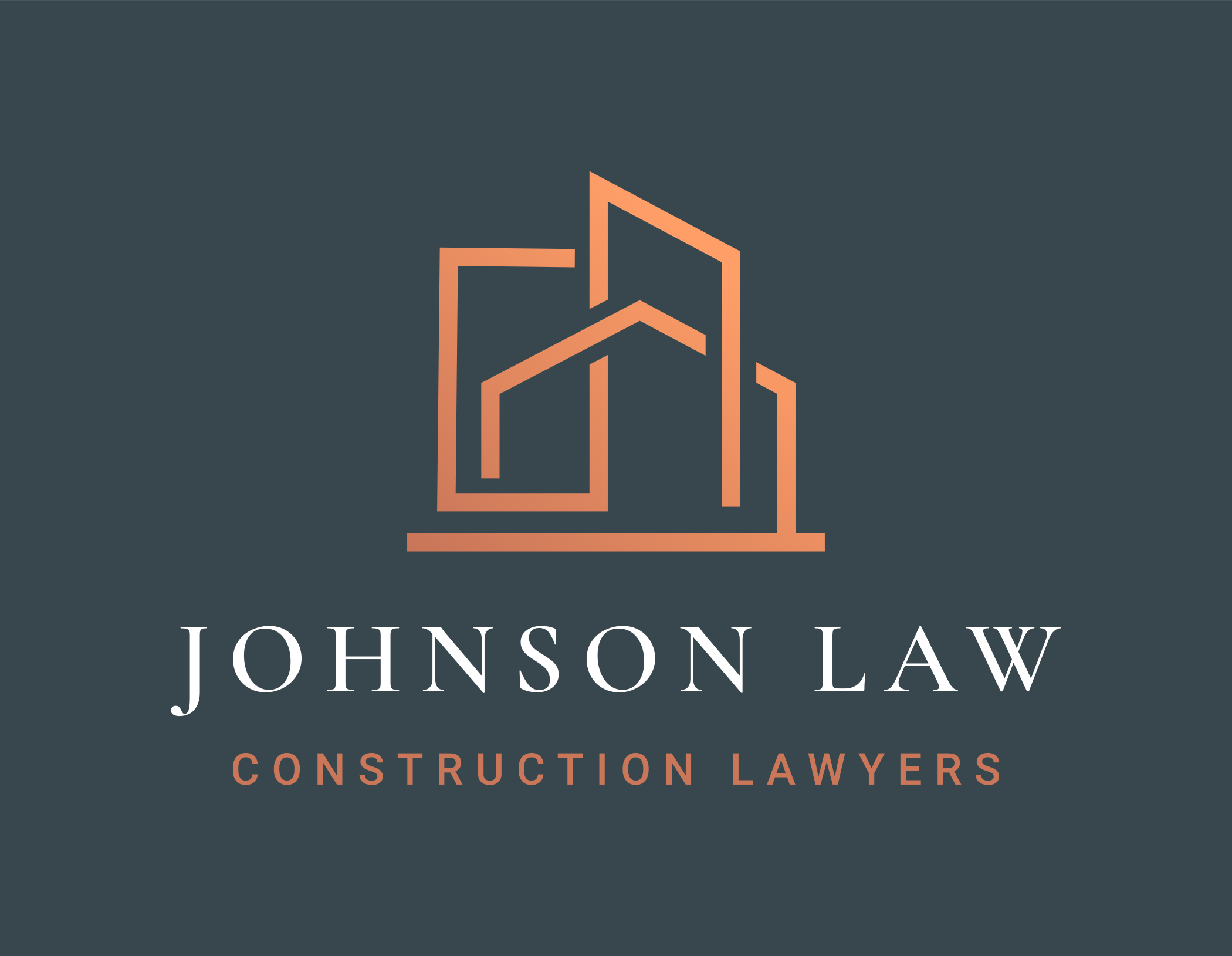Colorado homeowners benefit from a provision to the Colorado Construction Defect ActionReform Act (“CDARA”) called the Homeowner Protection Act of 2007 (“HPA”). TheHPA renders contractual provisions that limit or waive CDARA’s rights andremedies void as against public policy when construction defect claims arise ata residential property.
In Broomfield Senior Living Owner, LLC v. R.G. Brinkmann, 413 P.3d 219 (Colo. App. 2017), the Colorado Court of Appeals interpreted CDARA’s definition of residential property. The case involved construction of a senior living community. The construction contract included warranty provisions that required the owner to promptly notify the contractor of any defects or else the owner waived the right to require correction or make a claim for breach of warranty. The contract also defined when claims accrued for defective work that contradicted CDARA’s statute of limitations by shortening the time to bring claims.
The building’s owner brought construction defect claims against the contractor. The contractor moved for summary judgment alleging the owner’s claims were barred by the contractual provisions limiting the time claims for construction defect could be brought. The court granted summary judgment and the owner appealed.
The building’s owner claimed the HPA voided the contractual provisions limiting the time it had to bring construction defect claims against the contractor. The contractor argued the HPA did not apply because the building was a commercial entity, not a residential property. In using the cannons of statutory interpretation, the court applied the plain meaning of residence to mean a structure where people live. The court also relied on the fact the facility was zoned for multi-family residential use. The court went further by applying property tax law that defined residential real property as all residential dwelling units and related land excluding motels and hotels. The court concluded that residential property under CDARA means the improvement on a parcel that is used as a dwelling or for living. The building at issue was used to house senior residents and, therefore, was a residential property and the HPA applied.
Because the Homeowner Protection Act applied, it voided the construction contract’s provisions limiting accrual of the owner’s construction defect claims. Instead, the court ruled CDARA’s statute of limitations period applied and the owner’s claims accrued upon discovery of the physical manifestations of a defect.
Broomfield Senior Living expanded the types of properties protected under the Homeowner Protection Act. Even though the building was operated commercially, it was a building where seniors lived and therefore was a residential property under CDARA. Properties operating commercially but used for residential purposes, like mobile home parks, in-patient treatment facilities, and apartment buildings, may benefit from the Homeowner Protection Act by applying the court’s reasoning in Broomfield Senior Living.
As experienced construction defect lawyers, the attorneys at Johnson Law regularly litigate the scope of the homeowner protection act. Call the attorneys at Johnson Law for a consultation on your construction defect case.
